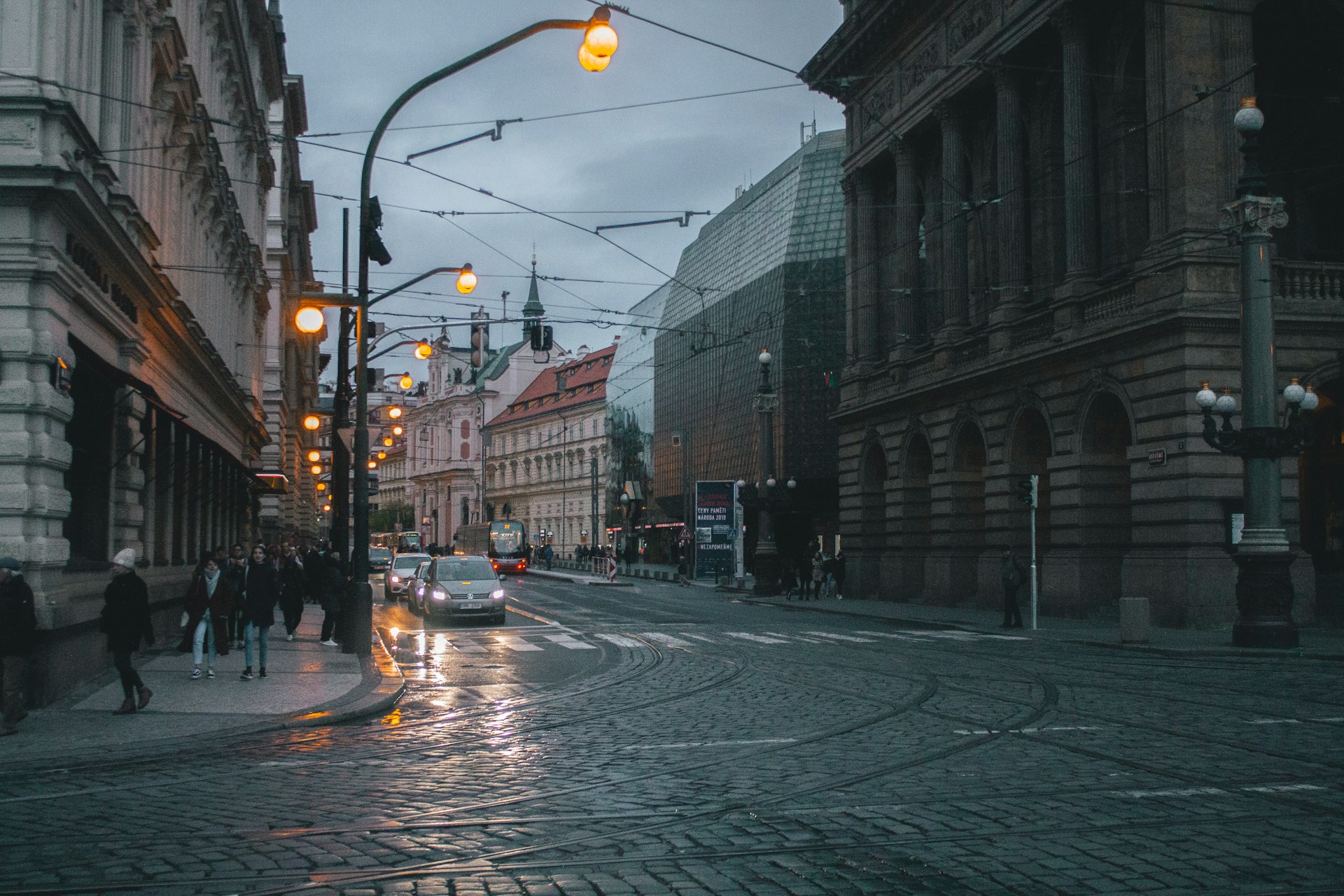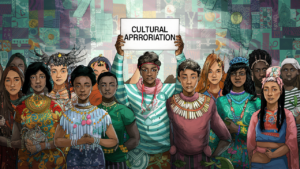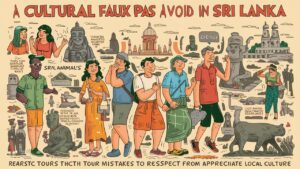What is Dark Tourism: Dark tourism refers to travel to places associated with death, suffering, disaster or tragedy. Sites like Ground Zero, Chernobyl and concentration camp memorials attract visitors worldwide.
But is it ethical to visit these sites of devastation? With mindfulness, education and compassion, dark tourism can foster reflection on humanity’s past horrors to build a more just future.
Defining Dark Tourism

The term “dark tourism” was coined in 1996 by researchers John Lennon and Malcolm Foley to describe travel to places historically linked with death and tragedy. It’s also known as thanatourism, grief tourism or morbid tourism.
Dark tourism destinations include:
- Sites of atrocities and mass killings like Auschwitz-Birkenau
- Memorials commemorating tragic events such as the 9/11 Memorial Museum
- Locations of notorious deaths including celebrity murder sites
- Scenes of natural disasters like New Orleans after Hurricane Katrina
- Nuclear disaster zones like Chernobyl and Fukushima
- Ruins ravaged by war such as the Berlin Wall
- Cemeteries known for their unique allure like the Catacombs of Paris
The Complex Appeal of Dark Tourism
What draws people to sites associated with such sorrow? Scholars point to several factors that motivate dark tourism:
Education – Learning about significant historical events that shaped cultures and nations.
Commemoration – Paying respects to victims, honoring their memories and reflecting on humanity’s capacity for darkness.
Curiosity – A sense of incredulity that horrific events truly happened.
Connection – Feeling linked to history and places through shared loss and trauma.
Entertainment – The provocative, macabre allure of death, disaster and the morbid.
Self-Identity – Pilgrimages to dark history shaping one’s nationality, ethnicity or religion.
Healing – Finding closure visiting grief sites like Ground Zero.
Weighing the Ethics of Dark Tourism
With such complex motivations, is dark tourism inherently unethical? Or can we engage thoughtfully?
Critics argue making tragedy a spectacle cheapens human suffering. But supporters believe visitor spending aids preservation efforts and educates people about past horrors so history doesn’t repeat.
The reality lies in the middle. Visiting dark sites isn’t inherently bad if treated with solemnity, compassion and reason. However exploitation for thrills or profit is unethical.
As travelers, we must approach dark tourism sites as sacred spaces for quiet reflection. We should educate ourselves extensively beforehand, avoid crass photography and engage respectfully with any victims’ descendants present.
With open hearts, dark tourism can provide context on humanity’s past darkness to light our path forward.
Tips for Engaging in Dark Tourism Thoughtfully
If you choose to visit a dark tourism destination, here are tips for doing so in an ethical, meaningful way:
Research thoroughly beforehand – Understand the full historical context and human impact before your visit. This knowledge lays the groundwork for a contemplative experience.
Visit with an educational guide or tour– Expert storytelling provides depth. Opt for small group tours over large crowded ones.
Reflect on your intentions – Examine your motivations. Curiosity and education foster understanding. But provocation and thrills degrade dignity.
Avoid sensationalizing – Don’t take disrespectful photos. Experience exhibits solemnly. Refrain from sharing salacious details later.
Follow all rules closely – Adhere to photography restrictions, code of conduct and reverent behavior guidelines. This shows deep respect.
Engage mindfully – Spend time quietly sitting in reflection. Observe your feelings. Think deeply about the suffering that occurred.
Connect sensitively with survivors – If victims’ descendants are present, engage only if welcomed. Share condolences with discretion.
Make a gesture of remembrance – Light a candle, lay a flower or leave a note in the memorial. Small acts memorialize lives lost.
Share thoughtfully after – Discuss your experience soberly highlighting human loss and lessons learned. Avoid glorifying horror.
Why Reflecting on Human Darkness Matters
The philosopher George Santayana famously said, “Those who cannot remember the past are condemned to repeat it.”
Sites of tragedy and atrocity remind us of humanity’s capacity for evil when prejudice, hatred and fear take hold. Only by facing this darkness can we illuminate the path forward towards justice, tolerance and human rights.
And only by honoring victims can we restore some small measure of dignity after death.
As Elie Wiesel, Holocaust survivor, urged: “For the dead and the living, we must bear witness.”
Through solemn visits, support for preservation, and spreading compassion over cruelty, ethical dark tourism can unite us in remembrance.
Final Thoughts on Dark Tourism’s Meaning
Dark tourism prompts reflection on human nature’s complexity. Our past’s profoundest tragedies belie how humanity also heights of grace, courage, hope and resilience.
Visiting grief sites can spur activism, promote forgiveness, and nourish empathy. With open hearts, we gain insight from bearing witness to darkness.
Have you visited a dark tourism site? Share your perspective on the value of reflecting on humanity’s darkest moments.
FAQs
What is dark tourism?
Dark tourism refers to travel to sites associated with death, suffering, disasters, atrocities, or tragedy, such as former concentration camps, massacre sites, prisons, and nuclear disaster zones.
Why do people engage in dark tourism?
Reasons include education, paying respects, morbid curiosity, feeling connection to history, entertainment, and identity associations related to nationality or religion.
What are some examples of dark tourism sites?
Popular dark tourism sites include Auschwitz-Birkenau, Ground Zero in NYC, Chernobyl, suicide hotspots, celebrity death locations, haunted buildings, and war ruins.
Is dark tourism ethical?
If treated respectfully as solemn memorials and sites of conscience, dark tourism can educate people about history and humanity. But exploitation or sensationalism is unethical.
How should you approach dark tourism responsibly?
Visit with an educational guide, research context extensively, reflect on motivations, avoid crass photos/selfies, follow all rules, and engage thoughtfully with an open and compassionate mindset.























